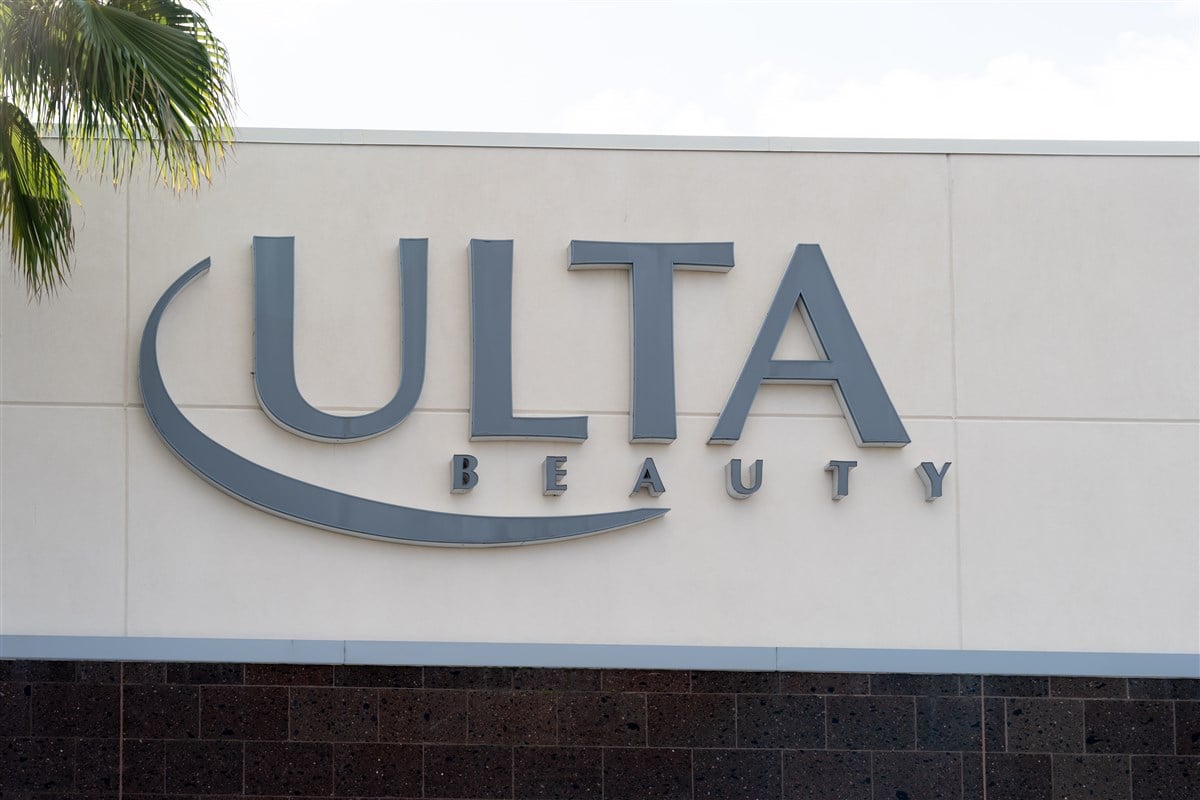
It isn't often that you can find the type of stocks that would get Warren Buffett interested. But pushed by several tailwinds, Ulta Beauty (NASDAQ: ULTA) is at the beginning of a multi-year ride that is slowly making the stock a more accepted deep-value play in the investment community.
As part of the beauty and skincare industry, which could be considered part of a consumer staples stock play, Ulta has the type of business moat around it that any value investor looks for in their next potential buy target. You will find that its brand and its impeccable financials make this stock a potential multi-bagger in the next decade, even at today's prices.
Suppose you are part of the large percentage of the population that drinks coffee each morning, or you know someone—maybe a few people—who like to shop at Target Co. (NYSE: TGT). In that case, you'll be pleased to learn how Target, Ulta, and Starbucks Co. (NASDAQ: SBX) can offer you a great combination of value stocks.
Start at the Beginning
You may find all of this interesting, but what constitutes a value stock? According to Buffett’s method, it all starts with a business moat. By moat, he refers to the difficulty of other competitors in the same sector penetrating the secret formula that the business in question has cracked.
According to its investor relations website, Ulta currently holds a 90% plus retention rate among its membership users. This rate is exceptionally rare in the retail industry. It points you in the right direction toward a potential business moat. But there's more to consider.
It doesn't matter if the U.S. economy is booming or busting; you can bet that beauty products will always be in fashion, and so will skin care. Just like coffee or groceries, people will still need to buy them no matter if unemployment reads at 2% or 5%, making Ulta a perfect play for an uncertain Federal Reserve policy timing today.
Because Target's management is now looking to redesign most of its stores, deploying a multi-billion dollar investment plan, Ulta has a new way to break past its current ceiling. Almost every Target center will now have an Ulta and a Starbucks inside it, looking to draw more and more traffic to their locations.
However, to confirm Ulta's growth potential, you'll want to use the second step in Buffett's process, which is to check the financials. In this case, moats typically manifest themselves in gross and net margins or, more importantly, in return on invested capital (ROIC).
Open the Books
Hopping into Ulta's financials, here is what you can find. Gross margins are steadily above a rate of 37%, a ten-year average. There may be a handful of retail stocks that can say the same. High gross margins indicate customer loyalty, pricing power, and brand penetration, but you already knew that.
Next, net income margins also come at an impressive 10% average for the past ten years. Again, not all retail stocks can say the same; just take a look at Dick's Sporting Goods (NYSE: DKS) as a similar business model. Its net margins are only 7%.
In addition to keeping much of its revenue as earnings, Ulta's revenue has grown at a compounded average growth rate (CAGR) of 16% for the past decade. Expected to keep growing at double-digit rates, Ulta can quickly become a target for those looking to compound their wealth.
That's because Ulta generated an average ROIC rate of 21% over the past decade. Since COVID-19 ended, this rate has been accelerating toward the 28% mark.
Annualized stock performance tends to match ROIC rates over the long term, so Ulta stock has delivered an insane 7,000% return over the past decade. Now that the company is expanding on its financial strength and capital returns, you can expect a similar performance over the next decade.
Knowing what you know now, it should be no surprise to learn that analysts at the UBS Group (NYSE: UBS) have upgraded their price targets on the stock. With a new valuation of up to $690 a share, they are pointing to a 27% upside from today's prices.
But they aren't alone; J.P. Morgan Chase & Co. (NYSE: JPM) followed their price targets of $600 a share, pushing for an 11% rally.